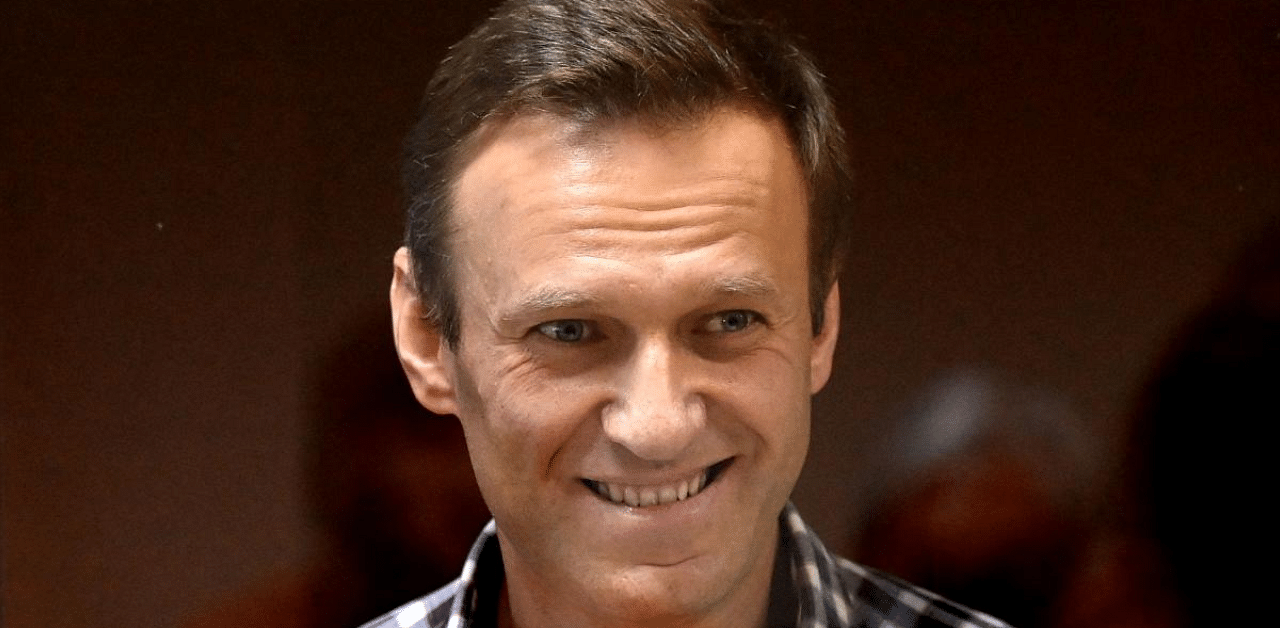
The personal doctors of Alexei Navalny, the imprisoned Russian opposition leader, sharply escalated their warnings over the weekend about his health failing from a hunger strike, the lingering effects of an attempted poisoning with a chemical weapon and what they said was ill treatment in prison.
Isolated behind prison walls and treated only by government doctors, Navalny is now at risk of dying “at any moment” from kidney and heart ailments, said a personal physician, Dr. Yaroslav Ashikhmin.
With the reports of Navalny’s deteriorating health, his supporters announced a street protest in what they called a final effort to persuade authorities to allow access for independent doctors and to draw attention to the grim standoff over health care in detention for Navalny. The activist is nearly three weeks into a hunger strike over his medical treatment in prison.
After spending months in a Berlin hospital recuperating from being poisoned, Navalny returned to Russia in January despite the government’s threats of arrest. He was arrested at the airport and subsequently convicted in a show trial of violating parole and sentenced to more than two years in prison.
Navalny, who is 44, had been in good health before narrowly surviving an attack with a rare nerve agent last summer. He and Western governments blamed the Kremlin. The Russian president, Vladimir Putin, has denied any role in the poisoning, and prison officials say they are providing adequate care.
But Navalny’s lawyers have not ruled out lingering effects of the chemical weapon on his health. Navalny, the main political opponent of Putin for a decade now, has reported severe back pain and the loss of sensation in his legs and arms. Prison doctors found slipped disks in his back.
He was later moved to a prison infirmary with a high temperature and coughing. The prison told Navalny and his lawyers that tests for Covid-19 and tuberculosis, a common contagion in Russian prisons, had been negative.
Blood tests, though, showed signs of possible kidney failure that could cause a lethal irregularity in Navalny’s heartbeat, Ashikhmin said in a post on social media.
Members of Navalny’s political organization have called the withholding of care a slow-motion assassination attempt by the Russian government.